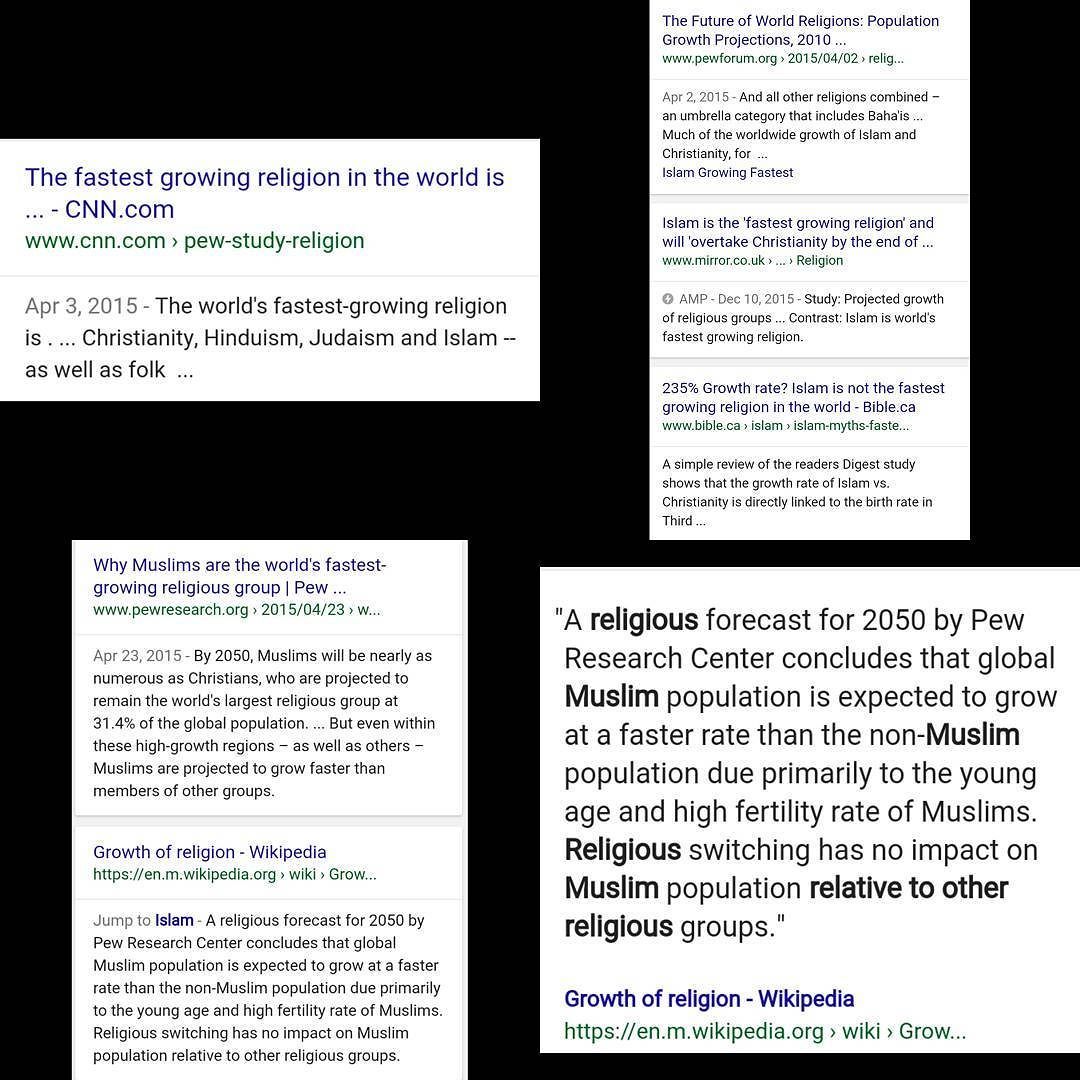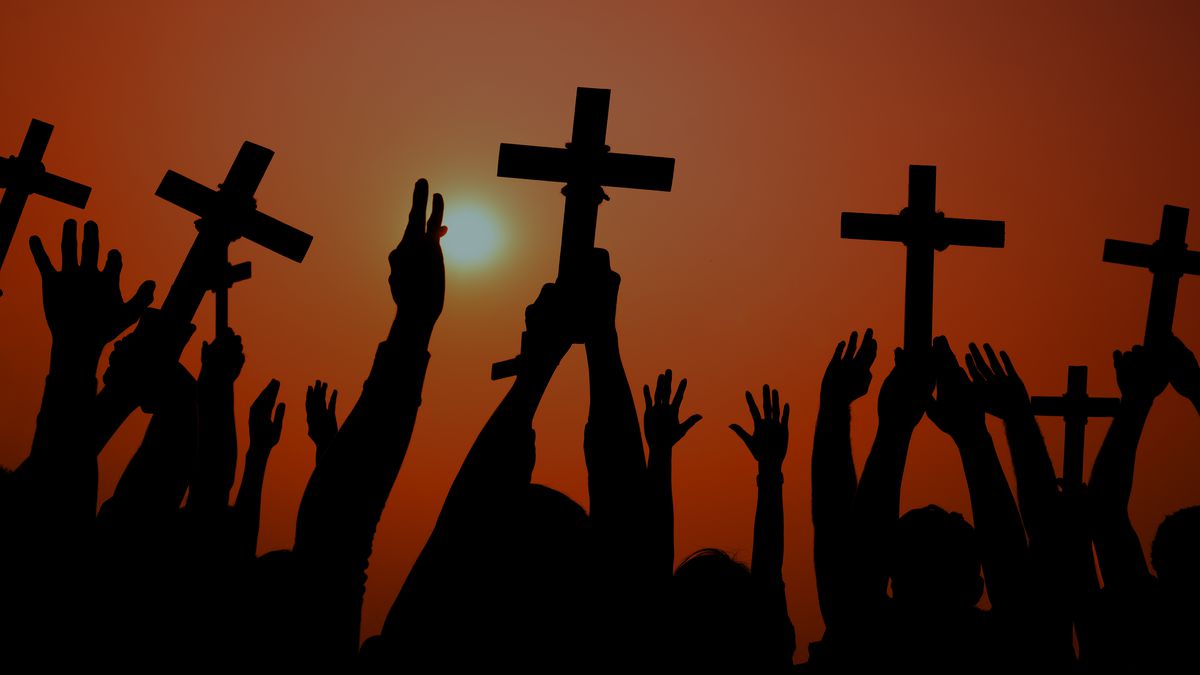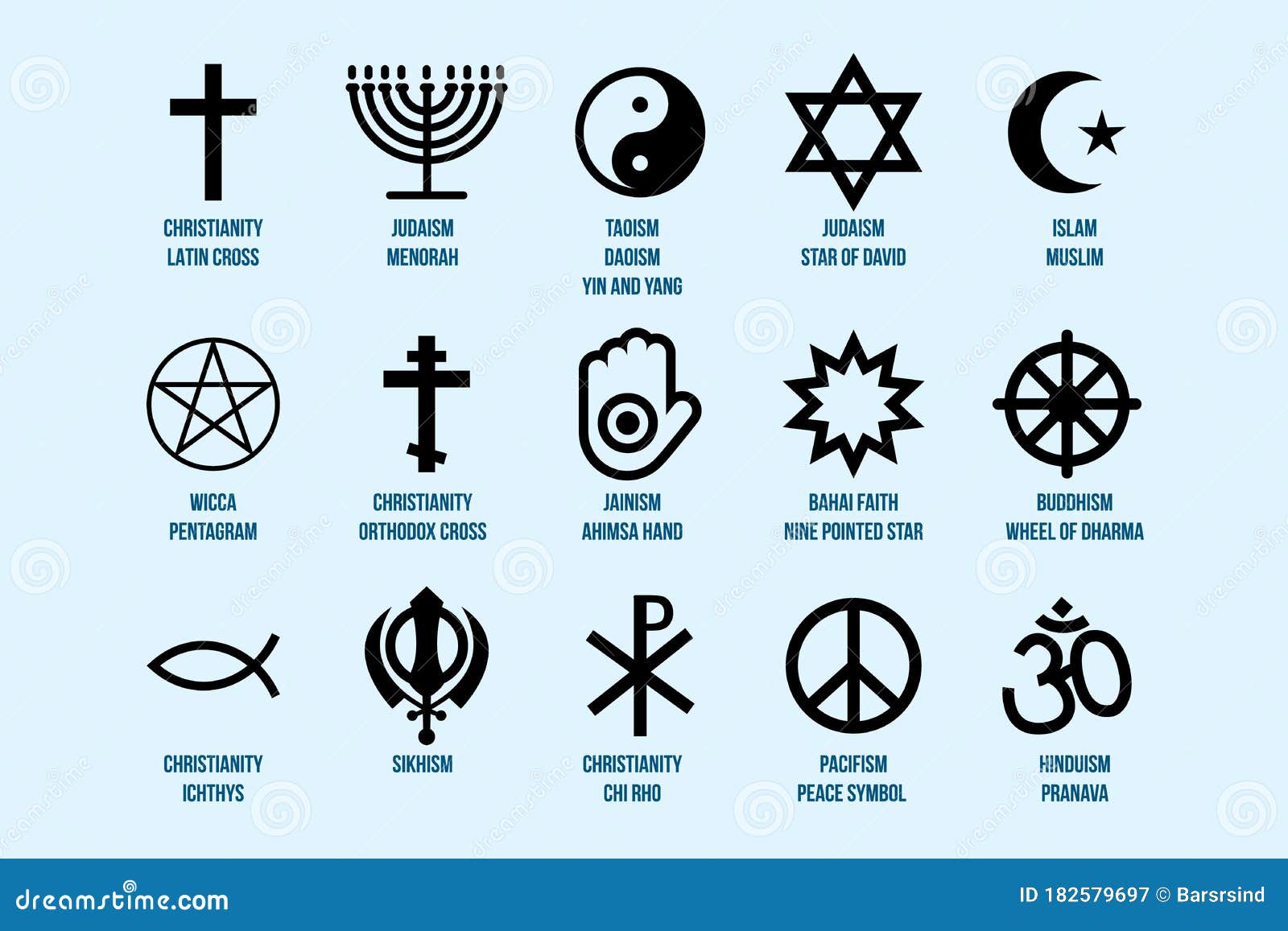Biblical Perspectives on Politics in the Pulpit: Duty, Caution, and Guidance
Introduction: Navigating Politics in the Pulpit
Political discussions within places of worship have long sparked debate in faith communities, especially among Christian leaders. Many pastors, church boards, and congregants grapple with whether preaching on political matters aligns with scriptural teachings or distracts from the church’s core mission. This article explores what the Bible says about politics in the pulpit, offers actionable guidance for faith leaders, and provides practical steps for churches seeking to honor biblical principles while addressing contemporary political issues.

Source: eternalbible.org
Scriptural Foundations: What Does the Bible Say?
The Bible provides nuanced guidance on the relationship between faith and politics, emphasizing the primacy of spiritual mission over political activism. For example,
2 Corinthians 10:3-4
reminds believers that their struggles are not against worldly systems but are spiritual in nature. Jesus himself refrained from political activism, focusing on calling sinners to repentance rather than seeking policy change or governmental reform
[1]
. The apostles followed this pattern, choosing to preach the gospel rather than pursue government reform, as seen throughout the New Testament.
Furthermore, Christians are described as “ambassadors for Christ” (2 Corinthians 5:20), suggesting a posture of respectful engagement rather than interference in political matters of the host country
[2]
. The Bible also cautions against placing hope in political leaders, as highlighted in
Psalm 146:3
: “Put not your trust in princes, in a son of man, in whom there is no salvation.” However, scripture does affirm the legitimacy of governing authorities (Romans 13:1-2), and some passages encourage rulers to practice justice and serve the Lord (Proverbs 29:4; Psalm 2:10-11)
[4]
.
Church Leaders: The Biblical Mandate and Vocation
Pastors are called to shepherd their congregations and preach the gospel. According to 1 Corinthians 9:16, “Woe to me if I do not preach the gospel!” This vocational focus suggests that political activism from the pulpit-such as endorsing candidates or advocating for policies-may detract from the primary mission of spiritual formation and proclamation [3] . The Westminster Confession, an influential guide for many denominations, affirms that Christians can serve in government, but the specific calling of pastors is to spiritual leadership, not political campaigning.
Nevertheless, pastors play a vital role in equipping their congregants to engage with politics in ways that honor God. This means teaching biblical principles, fostering virtuous citizenship, and encouraging prayer for leaders, rather than using the pulpit for partisan advocacy.
Practical Guidance: Implementing Biblical Principles in Church Life
For churches seeking to navigate political engagement wisely, consider the following steps:
-
Focus on Gospel Proclamation:
Keep the central mission of the church at the forefront. Prioritize preaching, discipleship, and service over political mobilization [1] . -
Equip Congregants for Civic Engagement:
Offer educational forums or small groups that discuss biblical values related to justice, compassion, and citizenship-outside of the worship service context [3] . -
Encourage Respectful Dialogue:
Create spaces for civil conversation about political issues, modeling humility and openness rather than partisanship. -
Pray for Leaders:
Lead your congregation in regular prayer for government officials, regardless of political affiliation (1 Timothy 2:1-2). -
Provide Clear Boundaries:
Establish policies that prohibit partisan endorsements from the pulpit, ensuring compliance with legal guidelines and protecting the church’s witness.
Case Study: Churches Navigating Political Seasons
During contentious election cycles, some churches have chosen to host informational sessions on biblical citizenship or organize prayer vigils for leaders. These approaches allow for engagement without turning worship into a political rally. Others have formed task forces to address community issues, such as poverty or education, by partnering with local organizations rather than advocating for specific political solutions.
Churches that have maintained a clear focus on their spiritual mission often report greater unity and less divisiveness in their congregations, even when members hold differing political views. Conversely, those who have ventured into partisan territory frequently encounter conflict and risk alienating individuals who come seeking spiritual guidance.
Potential Challenges and Solutions
Challenge:
Pressure from congregants or donors to take political stances.
Solution:
Communicate the biblical rationale for focusing on spiritual mission and provide alternative avenues for political participation, such as voter registration drives or civic education events held separate from worship services.
Challenge:
Navigating controversial issues that overlap with policy.
Solution:
Address underlying moral and ethical principles from scripture, emphasizing compassion, justice, and mercy, while refraining from endorsing specific policies or candidates. Encourage members to seek guidance through prayer and study.

Source: biblebuyingguide.com
Alternative Approaches
Some churches choose complete avoidance of politics, while others incorporate social justice advocacy into their ministries. Both approaches have merits and risks. Complete avoidance may miss opportunities to address pressing societal needs, while advocacy can blur the line between spiritual and political missions. The key is intentionality and rootedness in scripture.
Step-by-Step Instructions for Faith Leaders
- Review your denomination’s official position on political engagement and pulpit speech.
- Audit past sermons and church activities for political content, ensuring alignment with biblical and organizational standards.
- Train staff and lay leaders on legal guidelines regarding political speech for nonprofits and churches. For guidance, visit the IRS official website and search “Political Campaign Intervention” for churches.
- Develop a church policy outlining boundaries for political speech and engagement within worship services.
- Provide educational resources on biblical citizenship, such as Bible study guides or recommended reading lists on faith and public life.
- Encourage congregants to pray for wisdom, engage respectfully, and seek out official government resources for participating in civic life.
Summary and Key Takeaways
The Bible urges church leaders to prioritize gospel proclamation and spiritual formation over political activism in the pulpit. While believers may serve in government or participate in politics, the pulpit is best reserved for teaching, exhortation, and encouragement rooted in scripture, not partisan politics. Churches can support their communities by providing education, fostering dialogue, and promoting prayerful engagement, all while maintaining a clear boundary between faith and political partisanship.
References
MORE FROM cheerdeal.com













